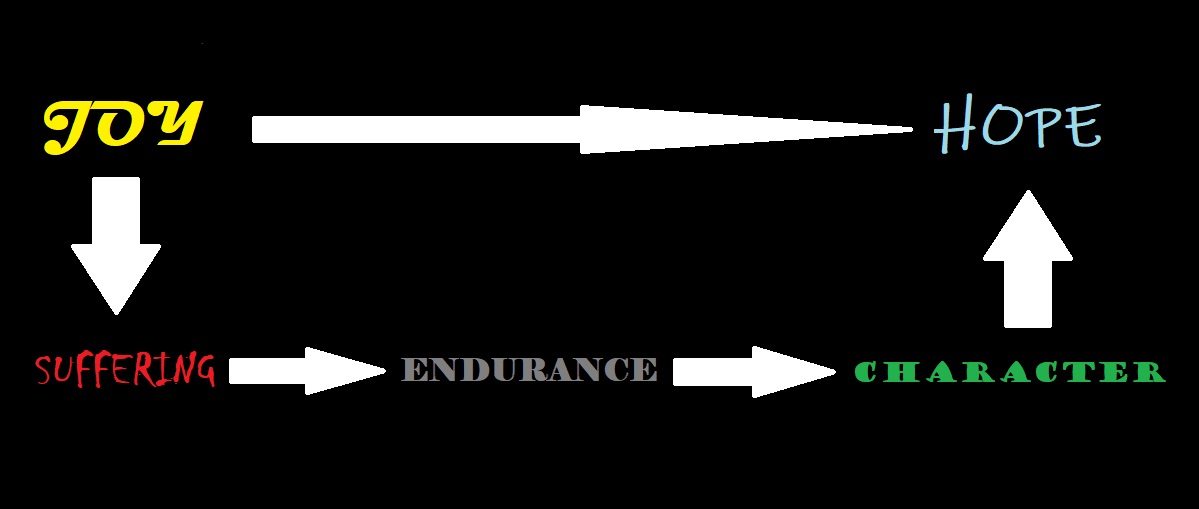
Suffering Character
By Anthony Casperson
8-18-18
It can sometimes be interesting to listen to fiction authors speak about their thought process when it comes to how they deal with their characters. I’ve heard Jim Butcher, author of The Dresden Files, talk about his constant placement of Harry Dresden into terrible circumstances. Some people say he likes to torture Harry. (He says he likes to torture the readers by torturing Harry, but that’s a different point than what I want to make.)
The thought process comes down to putting Harry into difficult situations so that, through his suffering, he can rise to the occasion. Smaller moments of suffering aid the protagonist later on in the story. A sort of trial by fire (or, I guess for Harry, fuego).
And this isn’t only in specific novels within the series, but the series as a whole. While the series isn’t yet complete, Butcher has worked off of the same outline, which has planned out over 20 books, for the entire series. The author knows where he wants the character to end up and every book along the way progresses the abilities, character, and support system to reach that point. Some memories found three books previous can even help Harry through the most recent encounter.
The thing that I like about this is that it does what most stories don’t give enough time to showcase. Progressing in ability, character, and relationship takes time. And it often involves struggle and personal sacrifice.
While these moments can be filled with incredible personal growth and drama, one can only take so much “and he stirred the concoction clockwise, then counter-clockwise, then in figure eights” before they put down the book, or turn off the video. It’s part of the reason why training montages were created. You can show that the character hasn’t just Neo-ed his way into knowing Kung-Fu.
The problem though, is that you can’t training montage your own life. People wish they could just shove a computer program into their mind and then be the best ever at this particular skill, ability, or discipline.
And when it comes to being a follower of Jesus, we’re no different. There’s a sense in many new followers of Jesus that spirituality will be quick and easy (especially when we sell the relationship with Jesus more as a get-out-of-jail-free card, rather than a real relationship that requires time and sacrifice).
We’ll talk about being found right in the sight of God and finding peace with him. Rejoicing in hope (as Romans 5:2 speaks about), sounds on the surface to be easy. The expectation of being free from eternal suffering leads us to have a snippet of happiness, but when difficulties arise in this life, we have trouble realizing how joy and hope relate to the torturous situation. We are able to understand Romans 5:1-2 just fine when we see it through the eyes of eternity, but when we get to the reality of this life, it’s less clear.
It’s in the following verses where we discover that joy leads to hope, but only through the place of suffering, endurance, and character. When we discover God’s loving work within us, we’re able to stand firmly in the circumstances we find ourselves. And how we get there is through the training of suffering, enduring the trials, and building character.
There’s a reason why Paul compares growing spiritually to an athlete’s physical training (1 Cor. 9:25). It takes time, patience, practice, and a desire to push through even when it’s difficult. The word which we translate as training is the word from which we derive “agony” in English. This is truly training beyond the point of mild discomfort.
When Paul wrote to his protégé, Timothy, he told the younger man to fight the good fight. This word for “fight” is the same agony word. And Paul even uses it of himself, nearing the end of his life, in 2 Tim 4:7 when he says that he has fought the good fight.
Spiritual growth isn’t quick and easy. It takes time, effort, and sacrifice. The good news is that we’re not alone in this. God, who wants us to grow spiritually into him, gives us strength beyond measure to face the difficulties. And he provided part of that sacrifice in Jesus himself.
In Rom 5:6, just after Paul writes that joy leads to hope, but only through suffering, endurance, and character, he reminds us that God provided us Jesus while we were weak. He works in us and through us because of the sacrifice of Jesus. It’s through this power that we are able to continue. We see this in Col. 1:29 when Paul says that he toils (our “agony” word again) will all of God’s energy, which God works in him, so that Paul can present everyone mature in Jesus.
God provides us his strength when we are weak so that we can overcome the various trials in which we find ourselves. His love gives us the strength to stand firm as we suffer, endure, and build character throughout our whole life. And it’s because of this work of God in our lives.
Let us rejoice in our suffering, which produces endurance, which in turn produces character, which produces hope. A hope that will never leave us in shame because God’s love has been poured out on our hearts.
That growth will take time, suffering, and sacrifice. But it will produce the growth God set out for us before the creation of the world.


Dresden even gets into difficult situations in his comics.


